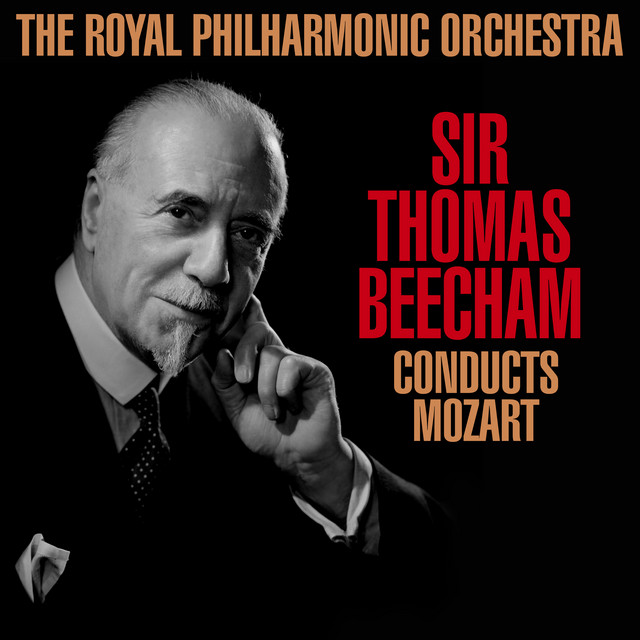Of the celebrated British 20th century conductors none divides opinion more than Sir Thomas Beecham. He revolutionised orchestral standards in Britain and created cultural organisations that survived him but his acerbic wit and notoriety as a philanderer often brought him into conflict with the establishment.
As a conductor Beecham was blessed with perfect rhythm, a driving and energetic style and a penetrating gaze for the orchestra. The greatest musicians wanted to play for him because he gave them free rein to play.
Speaking on BBC’s Great Lives series in 2009 David Mellor, music critic, former Culture Secretary and Beecham devotee, said: “The world of British music was changed forever by Sir Thomas Beecham – and basically for the better.”.
Known as Britain’s first international conductor Beecham was self taught. He was a major influence on British music: founder of the London Philharmonic in 1932 he revolutionised orchestral standards in this country. A Lancastrian, he had a long association with the Halle Orchestra and Liverpool Philharmonic.
His biographer John Lucas said of Beecham: “He could make second-class pieces of music sound like first-class pieces of music.”
Beecham acquired a degree of raffish notoriety due to his extra-marital activities and philandering and frequent brushes with bankruptcy. “He was as proud of his personality as he was of his musicanship,” said Mellor. Beecham was a celebrity, a larger than life figure. He had exquisite musical taste.
He was born in April 1879, the grandson of Thomas Beecham, founder of the renowned pharmaceutical firm, and a scion of a rich industrial family. There was not the cultural support in Edwardian Britain – Beecham put in his own money, not just that which he inherited from his wealthy family. He was generous but flirted with bankruptcy. An impressario, he staged operas, raising the standards of productions and conducted orchestras at ballets.
He made many recordings over the years, from 1910 onwards, mainly with HMV and Columbia (which merged to become EMI) and also with RCA Victor. Beecham’s repertoire was eclectic, sometimes favouring lesser-known composers over famous ones. He was a great champion of British classical music. His specialities included composers whose works were neglected in Britain before he became their advocate, such as Delius and Berlioz. Other composers with whose music he was frequently associated were Haydn, Schubert and Sibelius and the composer he revered above all others, Mozart.
Among the works he introduced to England were Richard Strauss’s Elektra, Salome and Der Rosenkavalier and three operas by Delius.
Beecham’s relations with his fellow British conductors were not always cordial. Sir Henry Wood regarded him as an upstart and was envious of his success; Sir Adrian Boult found him “repulsive” as a man and a musician, while Sir John Barbirolli mistrusted him.
In the pantheon of the world’s great conductors, opinion is divided over Beecham’s standing. Classic FM’s ranking of the 18 greatest excludes him with fellow Brits Sir Colin Davis, Sir Simon Rattle and Boult all making the list. Classical Music Magazine has him 19th in their greatest conductors of all time behind fellow countrymen Sir John Eliot Gardiner, Barbirolli and Davis.
Knighted in 1916 and honoured around the world Beecham featured on a series of British composers on the postage stamp in 1980, nearly 20 years after his death aged 81.
The Record Album has an extensive selection of more than 70 recordings by Sir Thomas Beecham which can be found on the website.
